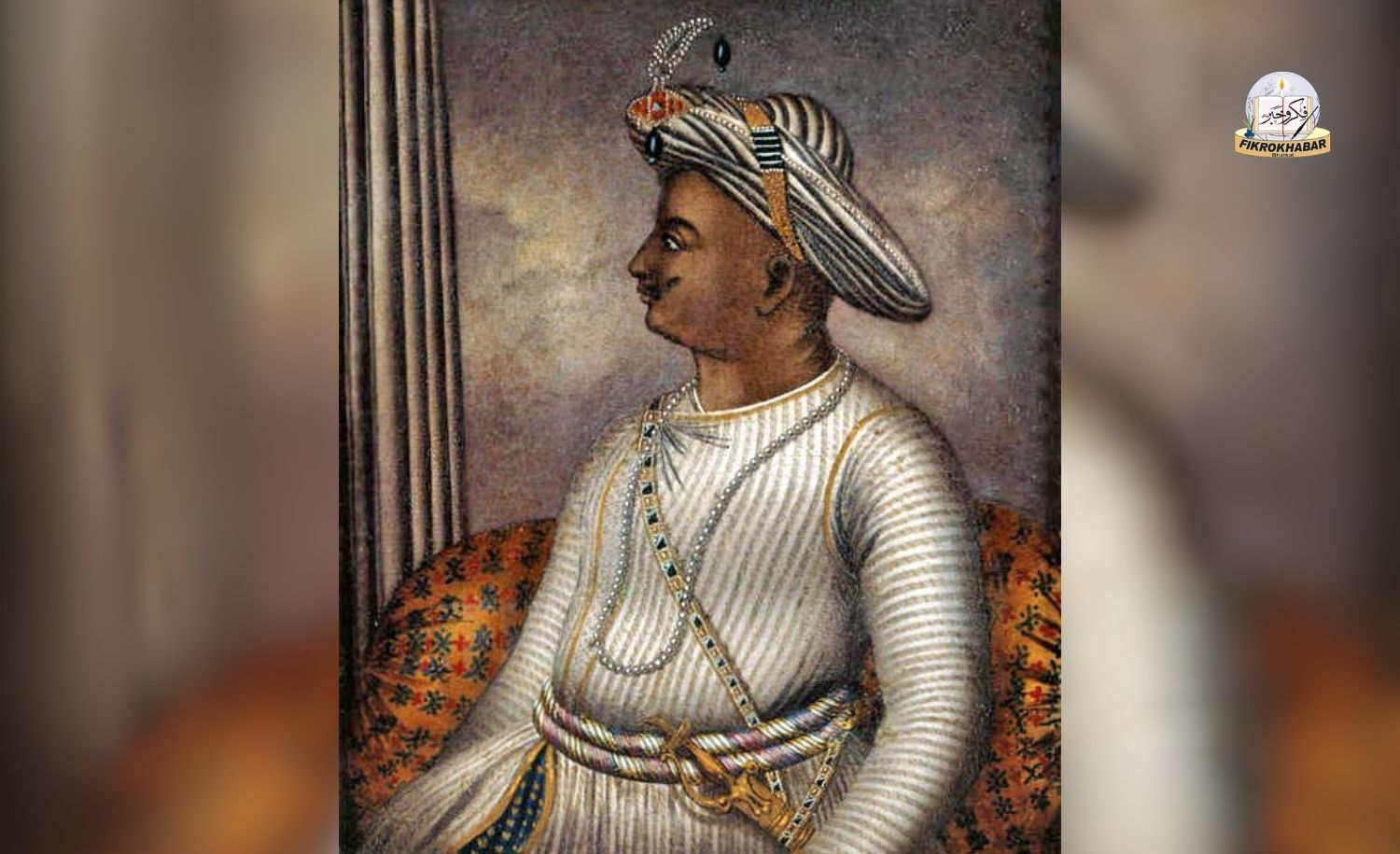How the Dead Realize They Are Dead: An Islamic Perspective

The Moment of Death and Initial Awareness
In Islam, death is understood as the separation of the soul from the body, marking the beginning of an eternal journey. The Qur’an compares sleep to death but distinguishes it by saying that at the time of death, the separation is permanent:
“Allah fully takes away the souls (of the people) at the time of their death, and (of) those who do not die, in their sleep.…” (Qur’an 39:42).
As soon as a person dies, the Angel of Death extracts the soul, making the deceased immediately aware of this transition. According to Prophet Muhammad (peace be upon him), the soul returns to the body in the grave, and the person becomes conscious of what is happening around them.
Experiencing Barzakh: The Intermediate Realm
After death, every soul enters a stage called Barzakh – a barrier between this life and the Day of Resurrection:
“…and in front of such people there is a barrier till the day when they will be resurrected.” (Qur’an 23:100).
In this realm, the soul is fully aware and experiences either comfort or torment based on its earthly deeds. Barzakh is not just for the buried; it applies to everyone who has died, regardless of their physical state.
Hearing and Perception After Death
Islamic traditions describe that the deceased can hear the footsteps of those who walk away from their grave after burial. This heightened sense of awareness is reported in authentic hadith, showing a clear separation from unconsciousness; the soul knows clearly that it has left the world of the living.
The Questioning in the Grave: Munkar and Nakir
One of the primary moments that reinforce the realization of death is the arrival of the angels Munkar and Nakir:
- These are two black and blue angels tasked with questioning the soul in the grave.
- They will prop the deceased up and ask three vital questions:
- Who is your Lord?
- What is your religion?
- Who is your prophet?
- The ability to answer depends not on rote memory but on real faith and deed.
If the deceased answers correctly, their time in Barzakh is made comfortable and pleasant. The grave expands, it becomes filled with light, and the soul experiences peace. If not, the soul feels constriction and punishment until the Day of Judgment.
“When the deceased is buried…two black and blue angels come to him. One of them is called Munkar and the other is called Nakir…If he was a believer, his grave is expanded, and he sleeps in peace…If not, his grave constricts and he remains there tormented” (Hadith, Sunan al-Tirmidhi 1071).
Signs of Awareness and Emotional Response
Islamic sources make several points clear about a soul’s awareness:
- Immediate Recognition: The soul instantly knows its new state and the presence of the angels.
- Heightened Senses: The dead can perceive realities beyond our earthly capacity.
- Emotional Reaction: The righteous feel peace and joy; wrongdoers experience fear and regret.
- Spiritual Interaction: The pious can meet and recognize other souls in Barzakh; evildoers are preoccupied by their punishment.
The Difference Between Sleep and Death
Although sleep is referred to as the “brother of death” in Islamic tradition, the soul’s experience in death is permanent and fully conscious, unlike the partial awareness of sleep.
How Realization of Death Motivates the Living
Understanding this clear awareness after death encourages Muslims to:
- Live with God-consciousness and strive for good deeds.
- Seek forgiveness regularly before the soul leaves the body.
- Remember the reality and purpose of death often, following the Prophet’s advice.
The Qur’an reminds:
“Every soul has to taste death. It is on the Day of Judgement that you shall be paid your rewards in full.” (Qur’an 3:185)
In Conclusion
Islamic teachings are explicit: when a person dies, their experience is immediately and vividly real. The arrival of the Angel of Death, the questioning by Munkar and Nakir, and the state of Barzakh all make it clear to the soul that it has left earthly life. This knowledge, supported by Qur’anic verses and authentic sayings of the Prophet Muhammad, serves as a constant reminder for Muslims to live a righteous life in preparation for this inevitable and conscious transition.



